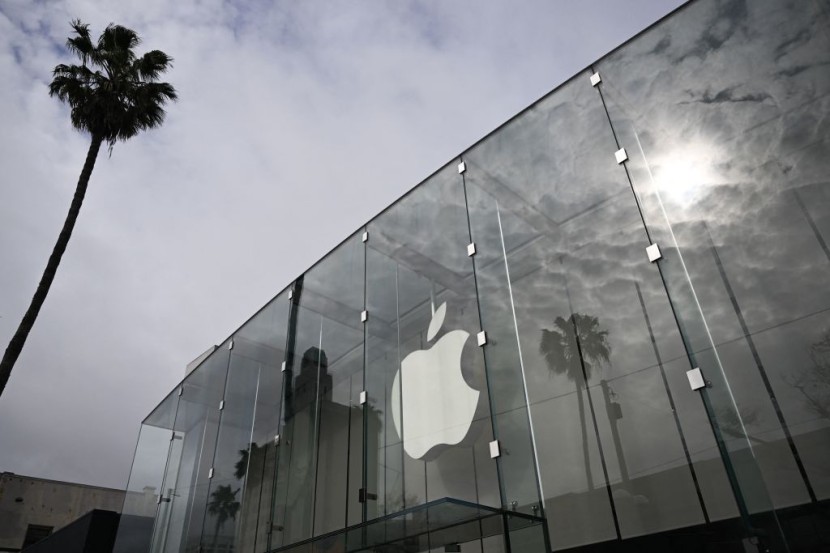According to the Wall Street Journal, Apple has limited its employees from utilizing external artificial intelligence (AI) tools like ChatGPT. Apple is developing its own AI technology similar to these external tools.
Apple is worried about confidential information being leaked by employees who use AI programs. As a precaution, the company has instructed its employees to avoid using Copilot, a software code automation tool owned by Microsoft's GitHub.
The Risks of AI
OpenAI, the organization behind ChatGPT, announced in April that they have implemented an "incognito mode" for ChatGPT. This mode ensures that the users' conversations are not saved and cannot be used to enhance its artificial intelligence system.
People are becoming increasingly aware of how ChatGPT and other chatbots, which use user data to improve their artificial intelligence, are managing the data of hundreds of millions of users. On Thursday, OpenAI released the ChatGPT app for iOS in the US.
One of the major risks of AI is the potential for confidential information to be leaked or misused. This can happen when employees use AI programs that collect and store user data. Companies must take precautions to protect sensitive information and ensure employees use AI tools responsibly.
Another risk of AI is the potential for bias and discrimination. Machine learning algorithms can be trained on biased data, leading to unfair outcomes for certain groups of people. Developers need to be aware of this risk and take steps to address it.
There is concern about the impact of AI on jobs. As machines become more capable of performing tasks that humans previously did, there is a risk of widespread job displacement. Companies and policymakers need to consider AI's social and economic implications and take steps to minimize the adverse effects.
In addition to these risks, there is also the concern of AI being used for malicious purposes. Hackers and cybercriminals can potentially use AI technology to develop advanced attack methods that are difficult to detect and defend against.
The development of autonomous weapons systems powered by AI has raised ethical concerns about their potential misuse in warfare. There is a risk that such weapons could act without human oversight or make decisions based on flawed algorithms.
Another risk associated with AI is its impact on privacy. With advances in facial recognition technology, surveillance cameras equipped with machine learning algorithms can track individuals' movements and behavior patterns without their knowledge or consent.
AI-Powered Attacks

Moreover, as more devices become connected through the Internet of Things (IoT), there is an increased possibility for hackers to exploit vulnerabilities within these networks using AI-powered attacks.
To mitigate these risks, it's essential for companies developing and deploying artificial intelligence technologies to prioritize security measures like encryption protocols and data privacy policies.
Regulatory frameworks must be established at both national and international levels governing how this powerful new tool should be used safely - taking into account not only technical but also social factors such as ethics & accountability matters related to issues surrounding public trustworthiness towards machines capable enough performing tasks previously done solely by humans.
Related Article : Apple, Google Collaborate to Combat Misuse of AirTag Location-Tracking








